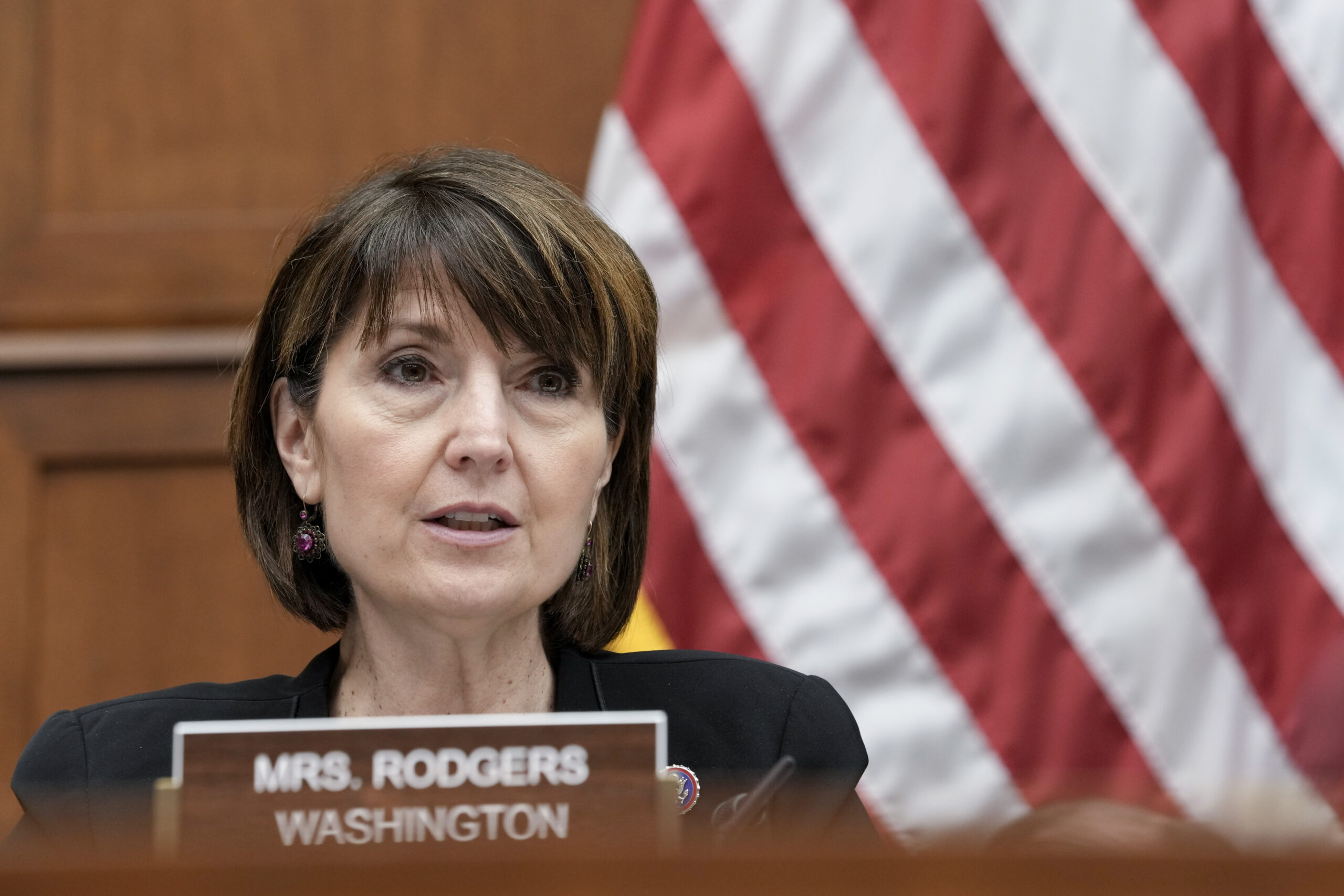

A bipartisan group of House and Senate members unveiled a first draft of legislation on Sunday to allow consumers to manage their data privacy.
Sen. Maria Cantwell (D-WA), chairwoman of the Senate Committee on Commerce, Science and Transportation, joined forces with Rep. Cathy McMorris Rodgers (R-WA), the chairwoman of the House Committee on Energy and Commerce, in drafting the American Privacy Rights Act.
The draft allows consumers to opt out of data collection or even edit or delete their data. Companies will be required to become more transparent about their data collection practices in order for consumers to decide what to do with their data. Consumers will be able to sue companies if they do not comply.
Notably, all consumers will be considered equals, with no extra protections for minors, although they will have the same ability to protect their own data. This will also only apply to large companies, which the legislation defines as a company that makes more than $40 million a year. However, should a small company sell data to a large company, that transaction will fall under these protections.
“This landmark legislation gives Americans the right to control where their information goes and who can sell it. It reins in Big Tech by prohibiting them from tracking, predicting, and manipulating people’s behaviors for profit without their knowledge and consent,” Rodgers said in a statement. “Americans overwhelmingly want these rights, and they are looking to us, their elected representatives, to act.”
“A federal data privacy law must do two things: it must make privacy a consumer right, and it must give consumers the ability to enforce that right,” Cantwell said. “This bipartisan agreement is the protections Americans deserve in the Information Age.”
CLICK HERE TO READ MORE FROM THE WASHINGTON EXAMINER
Among the largest changes is the change of hands from the Federal Communications Commission enforcing data oversight to the Federal Trade Commission, which will enforce the legislation should it become law.
This comes after Europe successfully enacted data privacy laws nearly a decade ago.





